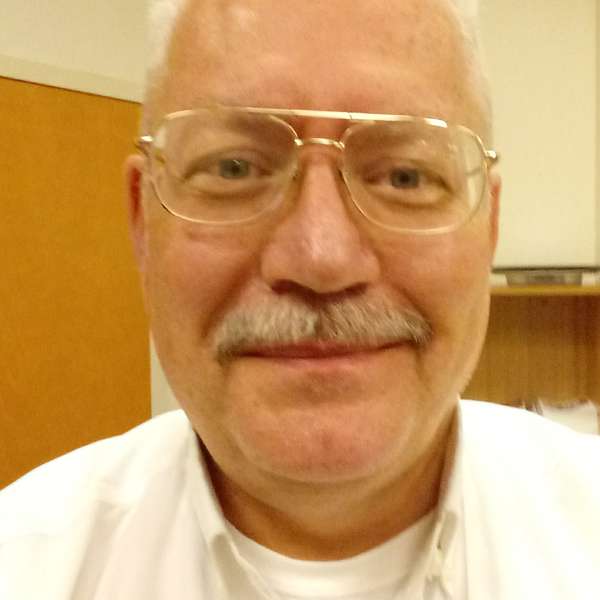
The Mad Scientist Supreme
The Mad Scientist Supreme
Make a better Baby
Make a better Baby
### Summary of Main Points:
1. **Inoculating Babies with Beneficial Bacteria**:
- Newborns are biologically clean and lack bacteria.
- The bacteria in a parent's mouth can influence a baby's dental health. Parents with cavities can pass harmful bacteria to their babies through kissing.
- To prevent cavities, the speaker suggests using a Q-tip to transfer bacteria from a cavity-free parent's mouth to the baby's mouth at birth.
2. **Preventing Acne**:
- Clear skin in children is linked to the presence of specific bacteria on the skin.
- The speaker recommends using a towel wiped on the skin of someone who has never had acne to transfer beneficial bacteria to the newborn.
3. **Influencing Physical Traits**:
- Genetics play a role in physical characteristics, but gut bacteria also contribute.
- The speaker discusses the concept of fecal transplants, which have been shown to help with conditions like Crohn's disease by introducing healthy bacteria.
- To enhance a baby's physical attributes, the speaker suggests administering a small enema with diluted fecal matter from a healthy individual shortly after birth.
4. **Maintaining Healthy Bacteria**:
- While some bacteria remain stable throughout life, the composition of gut bacteria can change based on lifestyle and exercise.
- The speaker notes that antibiotics can disrupt gut bacteria, but subsequent enemas can help restore beneficial bacteria.
### Conclusions:
- The speaker emphasizes the importance of starting a baby’s life with beneficial bacteria to promote dental health, clear skin, and overall physical well-being.
- The methods proposed, while unconventional and potentially controversial, are rooted in the idea that bacteria play a crucial role in health from an early age.
- The speaker encourages parents to consider these practices as a way to give their children a better chance at a healthy life, though the practicality and safety of such methods should be critically evaluated.